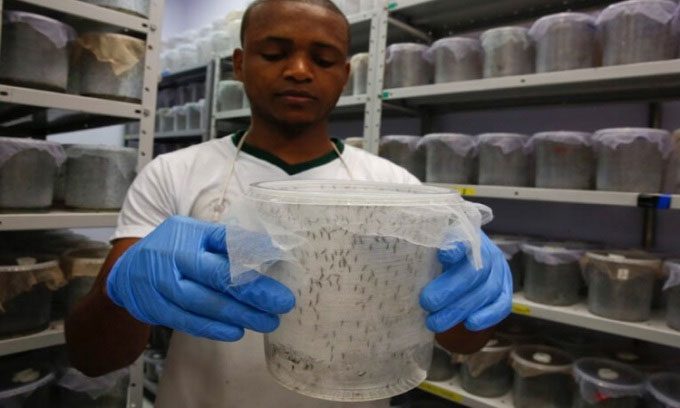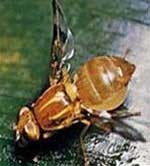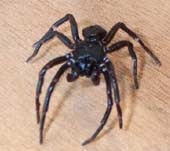The U.S. Environmental Protection Agency (EPA) has authorized Oxitec to release billions of genetically modified mosquitoes in Florida and California to prevent the transmission of diseases such as dengue fever and Zika.
After passing a risk assessment, Oxitec’s technology has been licensed for experimental use, meaning a total of 2.4 billion genetically modified mosquitoes will be released in California (over 2 billion) and Florida (nearly 400 million) in two separate phases between 2022 and 2024. This license follows a successful pilot project in the Florida Keys in 2021. Now that the plan has received EPA approval, Oxitec can apply for permission to deploy its project to local lawmakers.

Oxitec’s genetically modified mosquito breeding facility. (Photo: AP)
Oxitec’s plan is to release billions of Asian tiger mosquitoes (Aedes aegypti) that have been genetically modified to express the tTAV-OX5034 protein. The Asian tiger mosquito is not native to California or Florida, but it serves as a vector for several dangerous diseases including dengue fever, chikungunya, Zika, and yellow fever. When the genetically modified male mosquitoes mate with wild females, the tTAV-OX5034 protein will be passed to the next generation, killing the larvae before they mature, thereby reducing the local mosquito population and preventing disease outbreaks.
Despite Oxitec’s technology undergoing numerous trials, not everyone agrees with the idea of releasing swarms of genetically modified mosquitoes into the wild. Previous trials faced public opposition. A controversial study published in 2019 regarding Oxitec’s genetically modified mosquitoes in Brazil concluded that the project was not as effective as expected, as many larvae survived to adulthood, exacerbating the mosquito problem in the area.
“Once released into the environment, genetically modified mosquitoes cannot be recalled,” emphasized Dr. Robert Gould, president of San Francisco Bay Physicians for Social Responsibility. “Instead of promoting outdoor genetic experiments, we need to act cautiously, with transparent data and appropriate risk assessment.”
Oxitec is working to convince the public and ensure that their genetically modified mosquitoes provide a safe and sustainable solution for controlling pest insects, while not affecting beneficial insects like bees and butterflies.





















































